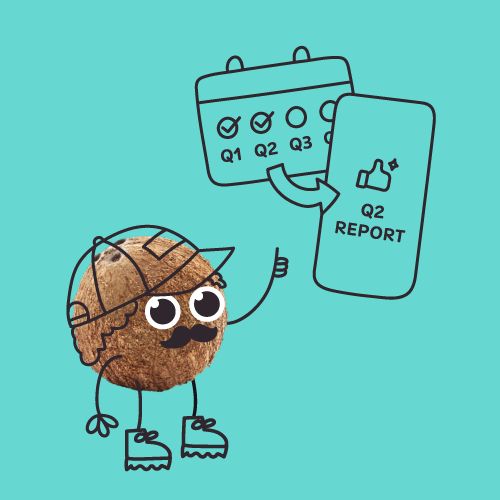Over recent years, HMRC has occasionally released lists of the worst—or most unusual—excuses they’ve received for late tax return submissions. And they’re golden.
We’re talking…
- “My tax return was on my yacht…which caught fire”
- “I couldn’t complete my tax return, because my husband left me and took our accountant with him. I am currently trying to find a new accountant.”
- “I had a cold which took a long time to go”
- “A wasp in my car caused me to have an accident and my tax return, which was inside, was destroyed”
- “I had an argument with my wife and went to Italy for 5 years”
- "I’ve been cruising round the world in my yacht, and only picking up post when I’m on dry land"
- "My mother-in-law is a witch and put a curse on me"
- and “my laptop broke, so did my washing machine”.
And there’s plenty more where they came from. If you’re ever in need of a break, we’d highly recommend you watch this video for a bit of a chuckle.
Needless to say, none of these excuses flew with HMRC.
But is that always the case? In this blog, we dig into when—if ever—it’s okay to not submit a tax return or pay your dues...and what to do if you have a genuine excuse preventing you from doing yours on time.
(And just for the record: “the dog ate my tax return” won’t cut it).











